While the world celebrates the Albinism Awareness day each 13 June, Burundian albinos say they are discriminated and rejected in their families.
Albinos say they continue to be discriminated in Burundi. Odile Nshimirimana, 23, an albinos and elder of eight children-three of them are albinos, says she was forced to leave home in Nyabiraba Commune of Bujumbura Province.
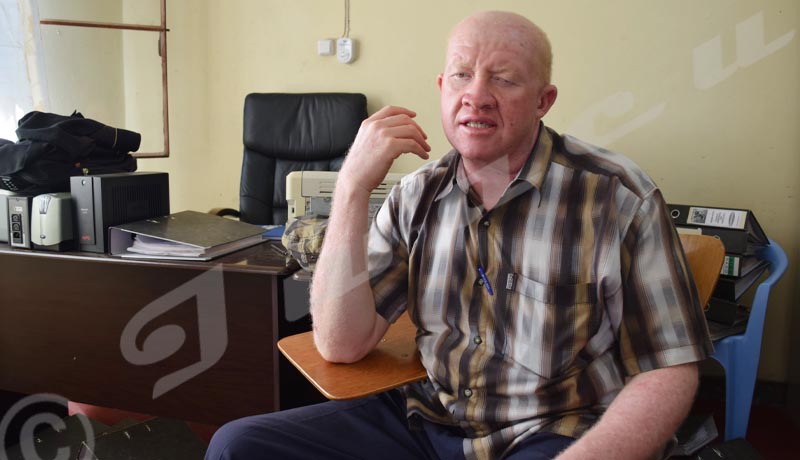
Kassim Kazungu, Chairman of the local association defending Albinos’ rights-“Albinos sans Frontières”
“Our father doesn’t want to talk to us. He always insults us saying we are not like other kids”, she says. Richard Niyonzima, a young student aged 30, says he experiences the same situation. He has been forced to leave home due to his parents’ discrimination. “My parents didn’t want pay school fees for me while my brothers continue to study without any problem,” he says. Richard says he happened to study thanks to humanitarian assistance.
Hafsa Igiraneza, an albino and mother of three children from Mutakura neighborhood in Ntahangwa urban commune in the capital Bujumbura, says her neighbors discriminate her. “My husband doesn’t have any problem with the fact that I am an albino but my neighbors do not consider me like other people”, she says. Hafsa fears her husband would leave her one day. Albinos call on the government and other humanitarian organizations to support them.
Kassim Kazungu, Chairman of the local association defending Albinos’ rights-“Albinos sans Frontières” says the discrimination and harassment against albinos have significantly reduced thanks to the sensitization campaign conducted throughout the country.
He says the last victim of persecution and harassment dates from October 2017. “We have 23 albinos who died due to beliefs in witchcraft in Burundi from 2009 to October 2017. The phenomenon is still observed in areas bordering Tanzania,” he says.
Skin disease, threat to albinos
Kassim Kazungu says twelve albinos are currently suffering from skin cancer and adds that twelve others have died due to this disease since 2009.
He however says due to the lack of funds, the association does not have the capacity to ensure health care for all albinos. “We don’t get enough support and the treatment is very expensive,” he says.
Children chased from their homes are sheltered in centers created in different localities. Three centers have been created in Ruyigi province. “Four albinos are now sheltered in those centers,” he says. Kazungu says “Albinos sans frontières” doesn’t expect to create more centers to prevent a mass exodus of albinos from their homes. “Parents and families must understand and care for their kids who are albinos,” he says.
Kassim Kazungu says 350 albinos attend the primary and secondary school and three are university students while five others have already graduated from the university among 1200 albinos living in Burundi.
Ignace Ntawembarira, Director of the Child and Family Department at the Ministry of human rights, gender and social affairs, says Burundi government ensures health care of albinos if they have all required documents. “An insurance card and proof showing that they are destitute must be submitted for them to have access to free medical care,” he says. Mr Ntawembarira says the sensitization campaign continues to reduce the discrimination against albinos and ignorance.

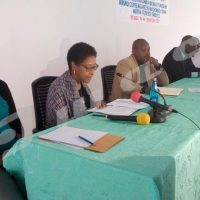
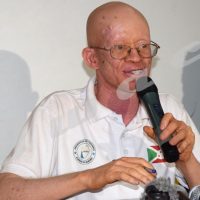
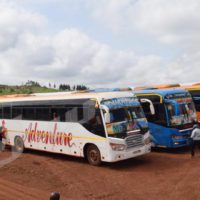
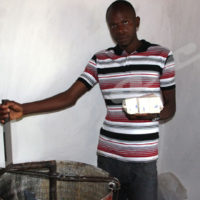
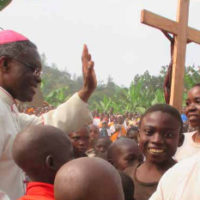













 IWACU Open Data
IWACU Open Data

